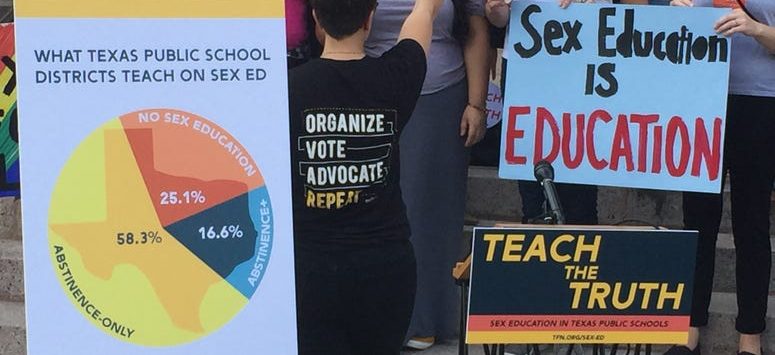Throughout the course of this class we have often discussed the role of the teacher as an organizer or activist. Because I plan to one day be a teacher, I have done a lot of thinking about how I will fit into the bigger picture. I have thought often and deeply about where race and systematic inquiry come into a classroom, and how a teacher is meant to facilitate that relationship. My own position as a white-passing Hispanic woman has often been on my mind and made me consider how that might be a setback as well as a significant source of capital, especially in light of our class discussions about the increasingly young, white, and female teacher populations in the U.S. In considering how my own race impacts my role as a teacher activist in the future, I have come to the temporary conclusion that race and systematic inquiry are inextricable from the classroom, and that as a teacher my baseline goal must be to move beyond purely inquiry in order to enact change.
In this course as well as my research into grassroots organizations I have seen incredible examples of people going beyond public inquiry and using their own capital to create power. I have been struck by the power that has been generated by groups as well as leaders. In thinking about the role I’d like to take on as a teacher, I often think about what Bettina Love wrote about white people as participants in the struggle of black students. Love explained the difference between acting as an ally and acting as a coconspirator, and I have certainly added “coconspirator” to the list of roles that I will continue to strive towards. I have concluded that in order for teachers to be true coconspirators for all their students, they must be guides, rather than directors, in redirecting the power that already exists in the communities in which they teach.
In thinking about the kind of teacher I’d like to be, I also often think back to our class visit with Amy Tan. As both a teacher and activist, Tan is a perfect example of how one can take on both roles and affect change in- and outside the classroom. When discussing her experience as an activist, she shared a few pieces of insight that stuck with me. Firstly, she painted a picture of how much power teachers have when they come together. Her explanation of how New York City staged sick-outs caused the city’s schools to shut down highlighted how much even big urban areas rely entirely on teachers. Secondly, Tan gave advice on where to direct power once it has been built. She suggested that organizers must choose which issues people will most likely rally around and feel deeply for, labeling these “winnable fights.” This idea really struck me as it sets realistic goals for activists yet promotes the hope that change really is possible. Tan also described how her role as a teacher has shifted during the corona virus pandemic. Now more than ever it has become crucial for teachers to maintain connections and mourn with their students. This idea is striking because it indicates the power that teachers have within the classroom, as well as outside of it.
The qualities that I saw in Amy Tan as a teacher and activist I have also seen in the grassroots organizers I investigated during my research. I have seen incredible power being built by small and large actions. Activists and organizers are able to empathize with and support individuals while simultaneously enacting large scale operations, and these things together affect significant change. Throughout the course of this class, I have put together somewhat of a call sheet of roles that a teacher can play as an organizer: activist, leader of inquiry, support system, director of power, and coconspirator, to name a few. As I’ve developed my plan to be a teacher-activist over the last few years, I’ve often been asked why I would not elect to pursue a more profitable career. I was reminded of this when we read Barack Obama’s “Why Organize?” in which he described being similarly questioned for his choice to be an organizer. To that he answered, “it needs to be done, and not enough folks are doing it” (Obama, 1998, p. 27). In that one statement, Obama perfectly encapsulates why I plan to be a teacher and what I have taken away about teacher activism.
